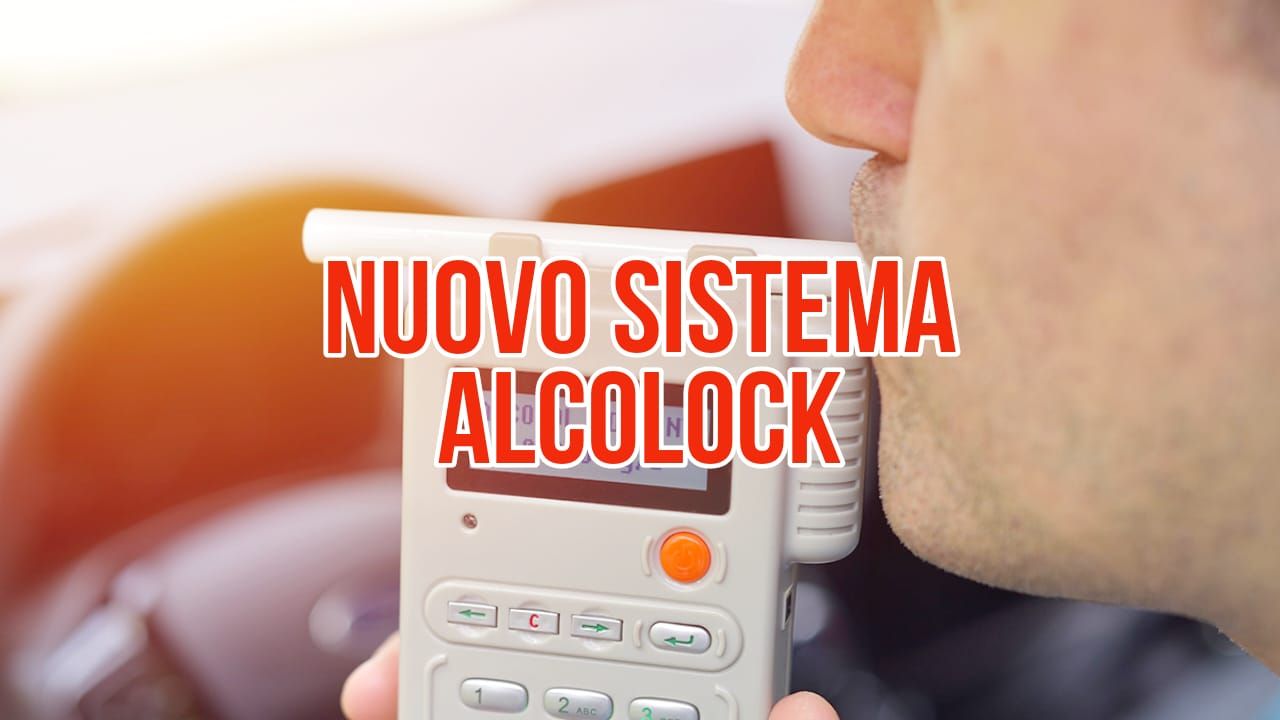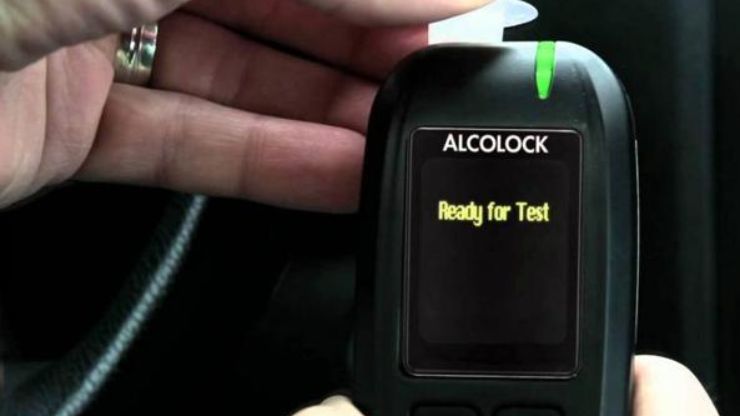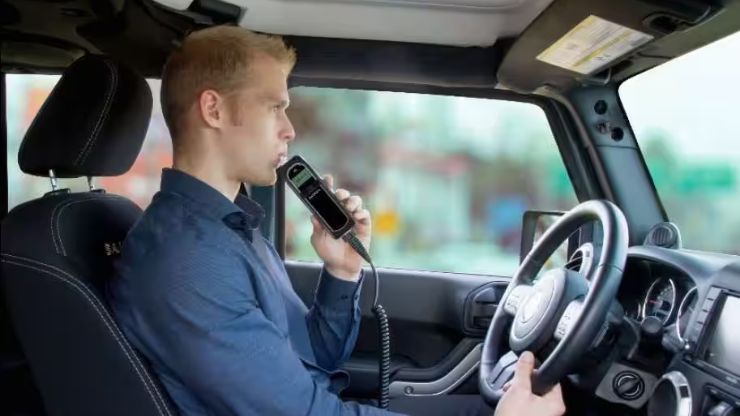It’s called Alcolock and it’s an innovative security system that blocks the locks if you’re not able to drive. How does it work.

The fight against drunk driving it is one of the most difficult to win: there are still too many cases of people who get behind the wheel after having had one too many drinks, becoming a danger to themselves and others.
L’European Union is therefore always looking for methods designed to reduce situations of this kind and consequently the risk of deaths on the roads due to driving under the influence.
One of the latest systems approved by the Union is called Alcoholic, also called Ignition Interlock Device or Alcohol Interlock. Its operation is as simple as it is effective, given that it actually blocks the car if it detects an alcohol content of the driver higher than that permitted by law.
Alcolock, a compulsory breathalyzer in the car: how it works
Alcolock has been included among the mandatory safety systems from July 2022 on all newly approved cars in the countries of the European Union. The objective of this system is to prevent the driver from starting to drive if the blood alcohol content is higher than expected.

How does it work? Just as you imagine. Before you start driving, you will be asked to blow into the device while sitting behind the wheel. If a non-standard value is found, the car will not allow to start the engine and you will have to wait for the alcohol content to drop to the permitted levels before you can go.
We remind you that the BAC thresholds are different depending on the country where you drive: in Italy, for example, it must not be higher than 0.5 g/l of alcohol while in other states it can be higher or lower.
The European Union has provided that the Alcolock device is mandatory in newly type-approved cars starting from July 2022, while for first-registered cars it will be necessary to wait for the July 7, 2024. This means that will we be forced to install it? No, because as mentioned, the obligation only concerns newly homologated cars, for a device that we will find as standard from 2024.
In any case, you must first wait for an experimentation phase which will evaluate the effective reliability of the device, especially with particular climatic conditions: Will the result always be reliable or risk being altered?

Meanwhile, the invitation is always not to get behind the wheel after you’ve had one too many drinks, even if you’re in a hurry to get home.
In addition to the risks associated with a possible stop by the police, there are others closely related to your safety and that of the other cars you cross. Better to wait a little before driving, in order to avoid much worse troubles.




